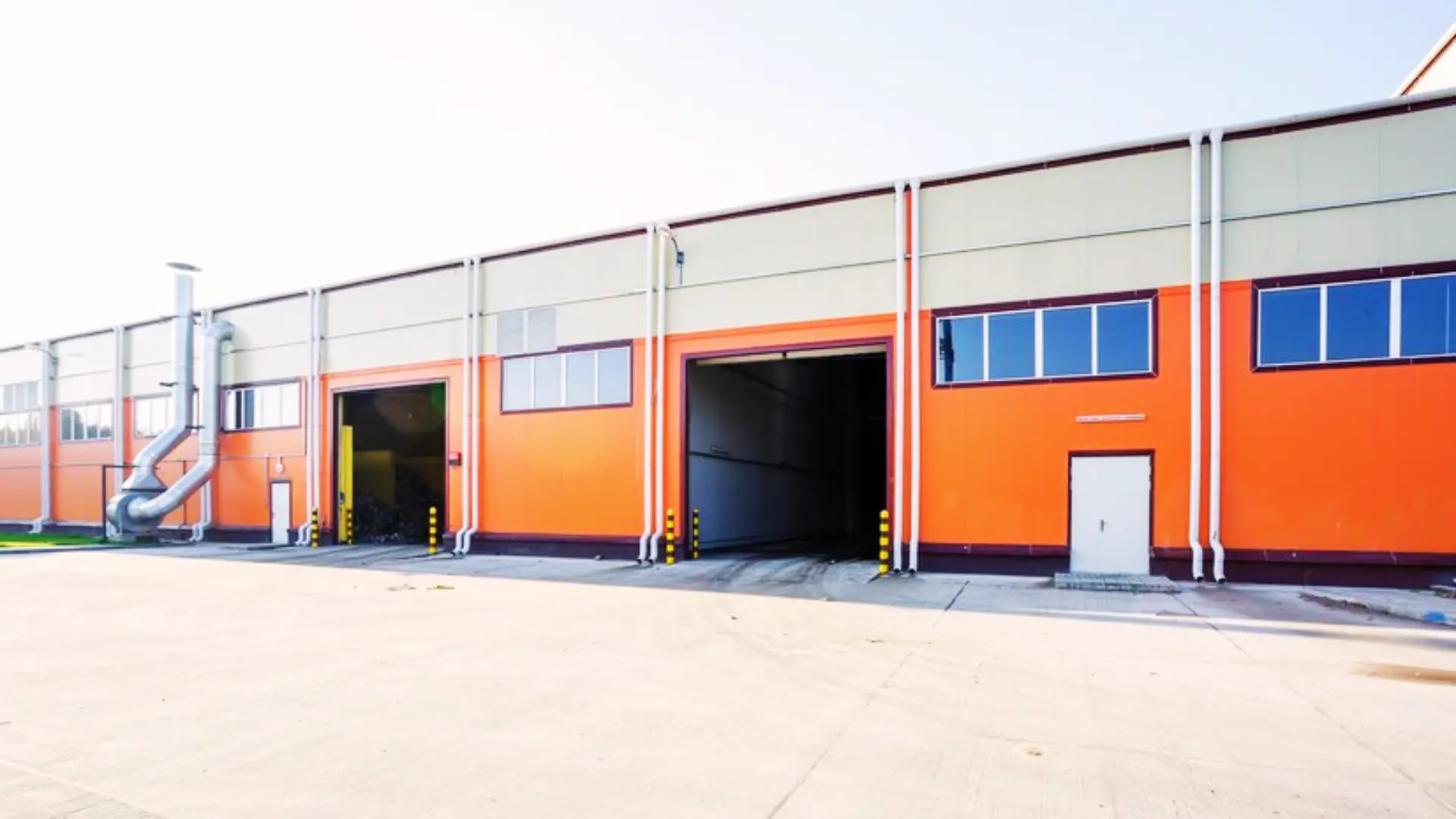As the manufacturing sector in India continues to thrive, businesses face the constant need for capital to fuel growth, expand operations, and invest in cutting-edge technologies. One financing option that has gained prominence recently is the business Loan Against Property for Manufacturers. This versatile financial tool allows manufacturers to leverage their immovable assets to secure substantial funding. In this blog, we will explore the benefits, eligibility criteria, and application process for a business Loan Against Property, shedding light on how it can empower manufacturers to propel their businesses to new heights.
Understanding business Loan Against Property
A business Loan Against Property for Manufacturers is a secured loan where manufacturing units can pledge their commercial or industrial property to obtain substantial funds from financial institutions. This loan is a valuable resource to meet working capital requirements, invest in machinery and equipment, expand production capacity, or even consolidate existing debts. By unlocking the value of their immovable assets, manufacturers can secure the financial stability necessary to navigate the ever-evolving business landscape.
Benefits of business Loan Against Property
The key benefits of a business loan against property are:
- Higher loan amounts: Manufacturers can access larger loan amounts.
- Lower interest rates: Business Loan Against Property offers lower interest rates.
- Cost-effective financing: Manufacturers can save on interest expenses and enhance their ability to generate higher returns on investment.
- Flexibility in fund utilisation: Purchasing machinery, upgrading technology, expanding facilities, or diversifying product lines, can utilise the loans.
Eligibility Criteria for Business Loan Against Property
While the exact eligibility criteria may vary across financial institutions, certain common factors determine the approval of a loan. These include:
- Property Ownership: The manufacturing unit must own the property they pledge as collateral, and it should be commercial or industrial property with clear title ownership.
- Property Valuation: The property’s value determines the loan amount, and lenders typically assess the property’s market value through an independent valuation process.
- Financial Stability: Lenders consider the manufacturing unit’s operational history, financial statements, and profitability to assess its creditworthiness.
- Debt Servicing Capacity: Lenders evaluate the manufacturing unit’s ability to service the loan through its existing cash flows. A healthy debt-to-income ratio and sufficient revenue generation significantly strengthen the loan application.
How to Secure a Business Loan Against Property
Securing a Business Loan Against Property for Manufacturers involves a systematic application process:
- Documentation: Gather the necessary documents, including property papers, business financials, identity and address proofs, bank statements, and any other documents the lender requires.
- Application Submission: Submit the completed loan application along with the supporting documents to the chosen financial institution. Ensure accuracy and completeness to expedite the process.
- Property Evaluation: The lender conducts an independent property valuation to determine its market value, which is crucial in assessing the loan amount.
- Loan Approval: On completion of the property evaluation, the lender evaluates the manufacturing unit’s eligibility based on the provided documents, business stability, financial health, and repayment capacity. If satisfied, the lender approves the loan application.
- Documentation and Verification: The borrower must complete the necessary loan documentation, including the loan agreement, property mortgage papers, and other legal formalities. The lender may also verify the information provided during the application process.
How to Maximise the Benefits of the Loan
Here are some tips to maximise the benefits of a business Loan Against Property for Manufacturers:
- Proper Financial Planning
- Interest Rate Comparison
- Repayment Strategy
- Regular Communication with Lender
- Proper Utilization of Funds
Key Takeaways
Business Loan Against Property for Manufacturers presents a valuable opportunity for businesses to access substantial funds and unlock their growth potential. By leveraging their immovable assets, manufacturers can secure the financial stability necessary to expand operations, invest in modern technology, and seize new market opportunities. With lower interest rates, flexible utilisation of funds, and higher loan amounts, manufacturers can propel their businesses to new heights.
Looking for a reliable financial partner to fuel your business growth? Discover Electronica Finance Limited, your trusted ally in tailored financial solutions. We specialise in providing customised funding options for manufacturers and MSMEs, offering business Loan Against Property that unlocks the value of your assets to propel your business forward. Experience seamless financing and unlock new possibilities with Electronica Finance Limited.




